FREE Shipping on Orders over $89 with Account – Create One Today!
- (844)-859-9400
- Get Help

✓ Antimicrobial without using silver
✓ Non cytotoxic
✓ Wicking pulls exudate & debris
✓ Safetac gentle technology
✓ Trusted around the world
✓ Variety of styles
✓ Reduces & redistributes pressure
✓ 5-layer design
✓ High MTVR rate
Showing all 8 results
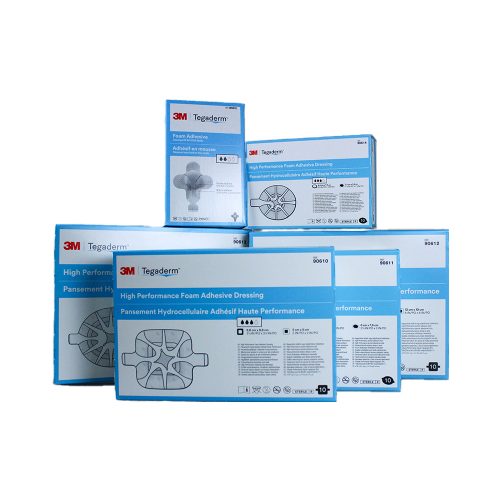
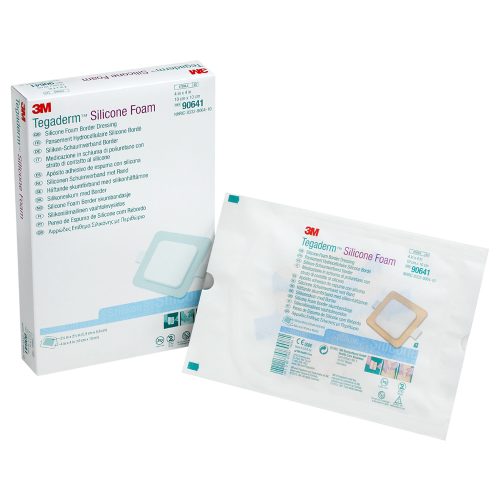
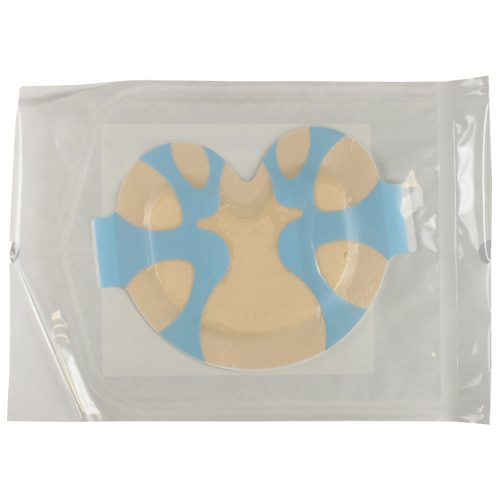
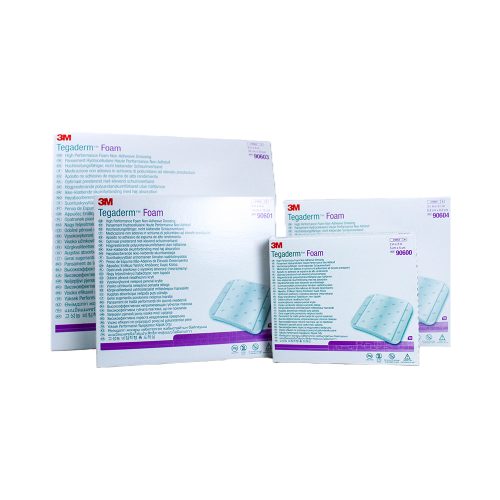
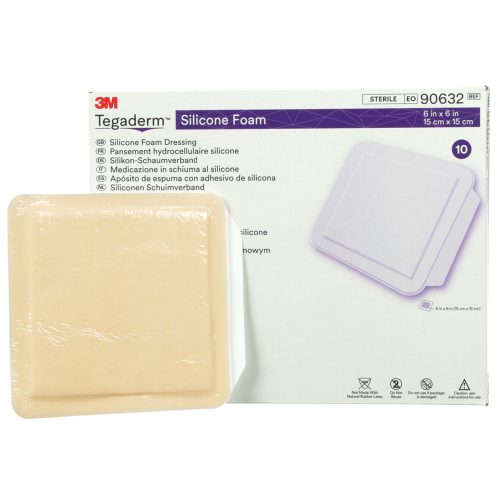
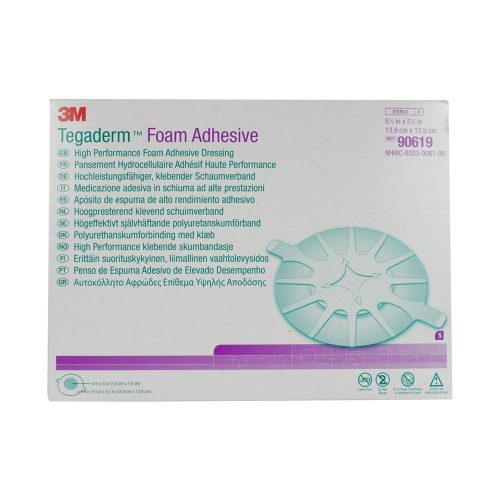
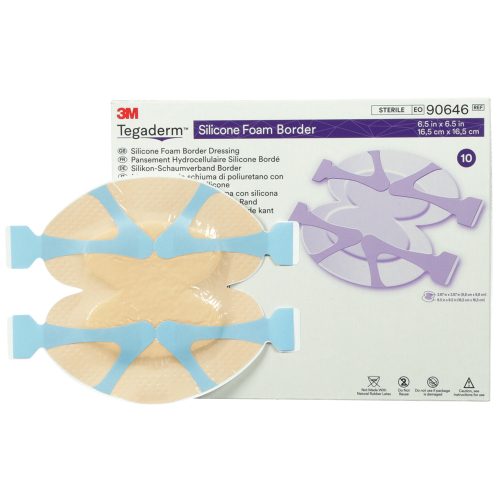
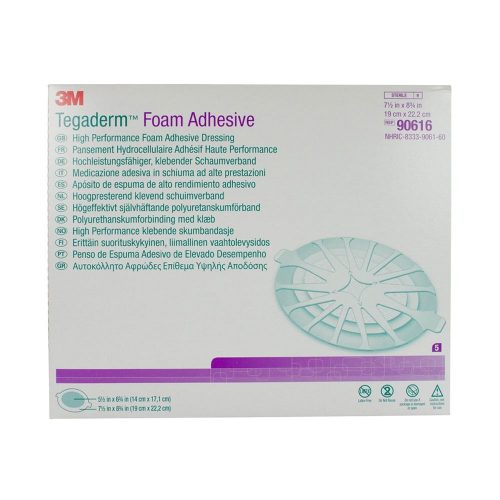
Foam dressings, by default, are a non-adherent solution designed to create a moist healing environment and reduce wound trauma during removal. Pads, sheets and cavity dressings provide these properties, while an adhesive border may be added to help the material stay in place.
Constructed of a polymer like polyurethane, foam dressings use an open-cell design allowing for partial permeability. This core may be accompanied by other materials to enhance absorbency, wound fluid retention and bacteriostatic properties. These include antimicrobial substances like silver or iodine, surfactants to improve healing or a waterproof, bacteria-blocking barrier.
With this basic design in mind, foam dressings:
Mepilex® dressings feature a multi-layer design enhanced with Safetac® technology. For chronic and acute wounds, these highly absorbent dressings can be cut to size, help contain exudate to reduce maceration risks and can be used in different locations across the body.
PolyMem delivers all the benefits of standard foam dressings through a hydrophilic polyurethane matrix that further improves healing through a wound cleanser, moisturizer, highly absorbent construction and semi-permeable backing film. This combination draws in exudate and lessens inflammation while debriding the wound, and reduces trauma and pain during dressing changes.
For protecting, healing and packing, foam dressings function as primary and secondary dressings for:
Foam dressings are not ideal for no-exudate wounds and third-degree burns.